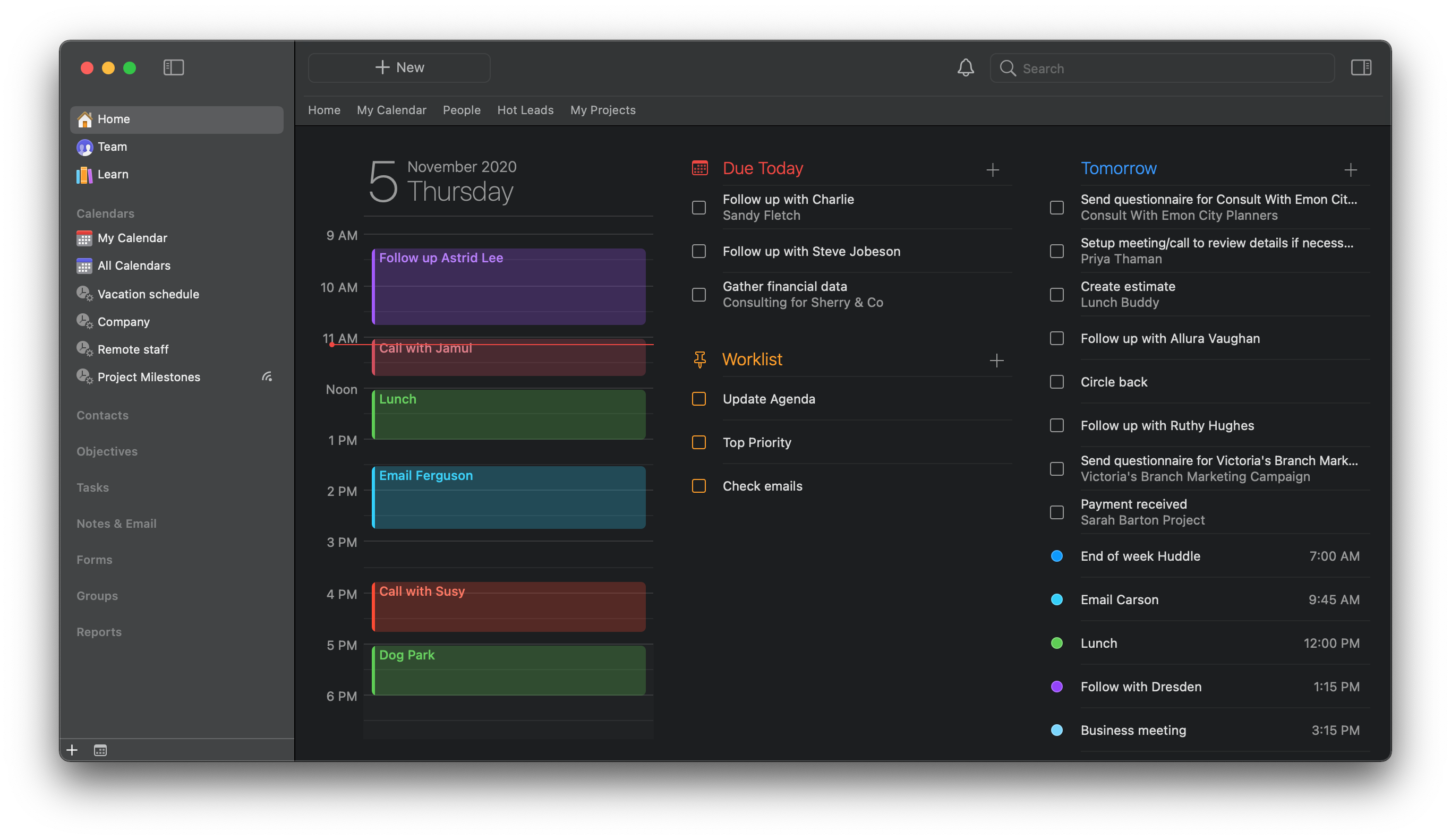Washington Post, on yesterday’s quarterly Meta/Facebook earnings report:
Facebook lost daily users for the first time in its 18-year history — falling by about half a million users in the last three months of 2021, to 1.93 billion logging in each day. The loss was greatest in Africa and Latin America, suggesting that the company’s product is saturated globally — and that its long quest to add as many users as possible has peaked.
And:
Facebook Reality Labs, the company’s hardware division that builds the Oculus Quest headset, lost $3.3 billion in the quarter, despite bringing in $877 million in revenue.
And:
Meta’s stock price plummeted more than 20 percent in after-hours trading following the news.
And from CNBC:
Facebook parent Meta said on Wednesday that the privacy change Apple made to its iOS operating system last year will decrease the social media company’s sales this year by about $10 billion.
“We believe the impact of iOS overall is a headwind on our business in 2022,” Meta CFO Dave Wehner said on a call with analysts after the company’s fourth-quarter earnings report. “It’s on the order of $10 billion, so it’s a pretty significant headwind for our business.”
Interestingly, Google/Alphabet are not having the same issue:
A day before Facebook’s results, Alphabet blew past estimates with its fourth-quarter numbers, and cited strength in e-commerce ads, an area where Facebook saw weakness.
Wehner suggested that Apple’s changes aren’t having the same impact on search as they are on other types of apps. He referenced how much money Google makes for Apple as the default search engine on the Safari browser.
“Given that Apple continues to take billions of dollars a year from Google Search, the incentive clearly is for this policy discrepancy to continue,” Wehner said.
Lots of fingerprinting and political posturing here.

